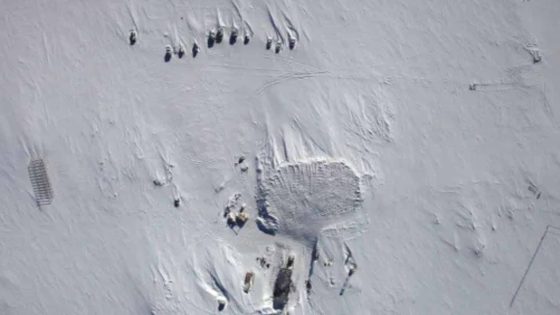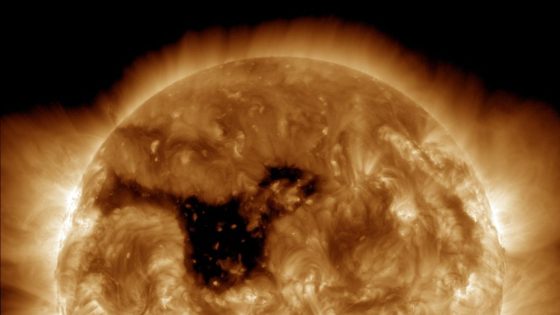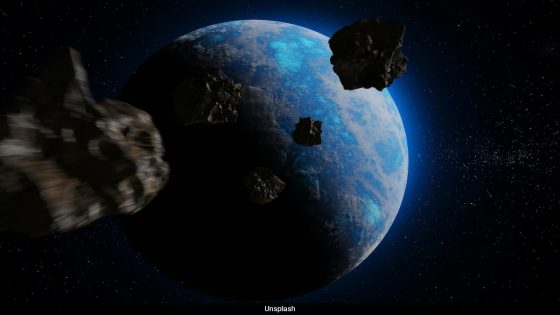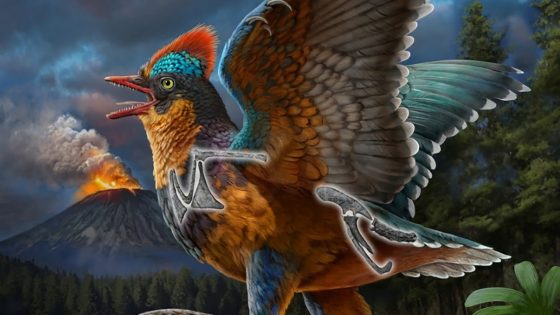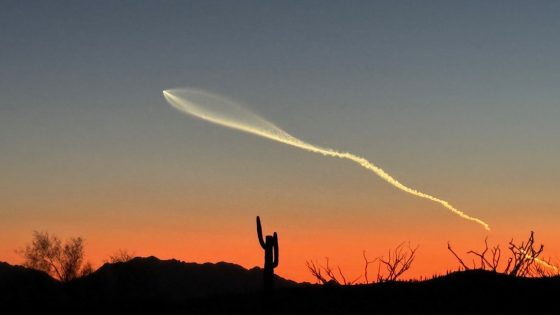Buried beneath Antarctica’s thick ice sheets, Lake Vostok holds a hidden world of extreme life. This unique subglacial lake, isolated for over 15 million years, may reveal secrets about Earth’s past and the potential for life beyond our planet. What mysteries lie beneath the ice?
- Lake Vostok is a subglacial lake in Antarctica.
- Ecosystem consists of extremophiles thriving without sunlight.
- Discovered using satellite radar in 1993.
- Drilling reached the lake in 2012.
- Contains DNA from over 3,500 organisms.
- Offers insights into Earth's past climate conditions.
On February 17, 2025, scientists continue to explore Lake Vostok, uncovering its unique ecosystem and its implications for astrobiology. Could this ancient lake help US understand life on other planets?
Exploring Lake Vostok: A Unique Ecosystem Beneath the Ice
What makes Lake Vostok so special? This ancient lake, buried under two miles of ice, has developed a unique ecosystem that thrives without sunlight. Researchers are eager to study the extremophiles that call this place home. How have these organisms adapted to such harsh conditions?
Lake Vostok: A Glimpse into Earth’s Distant Past
Lake Vostok offers a rare opportunity to study a pristine environment that has been isolated for millions of years. The sediment and water samples from the lake provide valuable insights into past climate conditions. Researchers are particularly interested in how life adapted to changing environments over time.
- Lake Vostok has been isolated for over 15 million years.
- It holds a unique ecosystem of extremophiles.
- Research may reveal clues about early life on Earth.
- Findings could inform the search for life on other planets.
Microbial Life in Lake Vostok: What We Know
The microbial life in Lake Vostok is unlike anything else on Earth. Researchers have identified DNA from thousands of organisms, suggesting the lake was once connected to the ocean. This raises questions about the lake’s history and its potential as a model for extraterrestrial life.
Implications for Astrobiology: Life Beyond Earth?
Studying Lake Vostok could have significant implications for astrobiology. If life can thrive in such extreme conditions, could similar environments on other planets also harbor life? Scientists are particularly interested in moons like Europa, which may have subglacial oceans beneath their icy surfaces.
In conclusion, Lake Vostok is not just a frozen lake; it is a window into Earth’s past and a beacon for future discoveries about life beyond our planet. As we continue to explore this unique ecosystem, who knows what secrets it will reveal?



